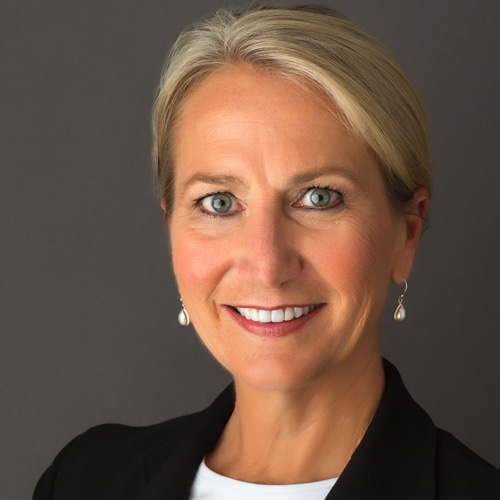There are a lot of theories about what it takes to bring in business. One I always like to mention to lawyers is that it takes 10 to 15 good contacts to produce one client. Why so many? Because most of your contacts will not turn into clients.
Within your network or universe of contacts, only so many people are prospects — people who need or will need your services. Many folks you know will never need a lawyer. Most of those who do, or will, already have existing counsel who can be difficult to unseat.
Then, of those who are true prospects, only some of them will turn into “leads” — people who actually are looking for a lawyer who does what you do and who meet the criteria for your clientele (such as possessing an adequate budget, decision-making authority and a readiness to “buy” in a reasonable amount of time).
And then, of those who are really leads, only so many will become clients. First, most people looking to hire a lawyer will evaluate three (or more) options. Second, there can be other obstacles that prevent your success, such as your age, your perceived expertise or your relationship with the target.
Bottom line: Your odds of getting business will go up if you create a bigger universe of quality contacts.
Where Should You Look?
One of the best ways to expand your network of prospective clients is by getting involved in the right organization. The right organization (for business development purposes) will consist of the right kinds of people — those who have the opportunity to use or recommend you. Here are some thoughts on identifying the right universe in which to orbit.
Other lawyers. If you are an appellate lawyer, you might want to network with litigators; patent litigators would benefit from knowing patent prosecutors; and bankruptcy lawyers get business from one another. If other lawyers are a good source of business for you, consider bar associations, other lawyer groups (DRI, for example) or your law school alumni association.
Other advisors. If you are an estate planning lawyer, investment advisors are good people to know; real estate attorneys should know real estate brokers; and business lawyers benefit from networking with accountants. Every profession has its own association, which can offer potential opportunities for you to attend meetings, to speak or network.
Members of industries. Lawyers can benefit greatly from getting involved in industry organizations. There are groups for every field, from oil and gas to mortgage banking to agribusiness. Even within industries there are niches. Manufacturing, for example, has myriad specialized associations — the National Marine Manufacturers Association is proof.
People holding specific positions. Perhaps you are an insurance coverage lawyer looking to meet risk managers or a personal injury lawyer who could get quality referrals from orthopedic surgeons. These professionals have organizations.
Leaders. It’s always good to know people who know people. Movers and shakers usually can be found on the boards of charitable or not-for-profit groups (like Boys and Girls Clubs), civic organizations (e.g., the symphony) or business associations (think chamber of commerce).
People with shared affinities. Finally, if you care deeply about something, that may be a great way to expand your network. Whether it involves mountain biking, race cars or the Alliance Française, networking with like-minded people can often lead to close and mutually beneficial relationships.
Make It Work
Whatever organization you choose, be a loyal, contributing member:
- Show up to meetings and events.
- Volunteer to help, from recruiting new members to fundraising.
- Become a leader, by serving on a committee, task force or, best of all, the board.
- Follow through on your obligations and assignments — particularly if you are in a leadership capacity.
When these targeted contacts see you as a committed and capable contributor to their organization, industry or field, they will begin to entrust their business or referrals to you.
Sally J. Schmidt is President of Schmidt Marketing, Inc., which offers marketing services to law firms. Sally was a founder and the first President of the Legal Marketing Association. She is a Fellow of the College of Law Practice Management and was one of the first inductees into the LMA’s Hall of Fame. She is the author of “Marketing the Law Firm: Business Development Techniques” and “Business Development for Lawyers: Strategies for Getting and Keeping Clients.” Sally writes Attorney at Work’s “Play to Win” column. Follow her on Twitter @SallySchmidt.
Illustration ©iStockPhoto.com
















